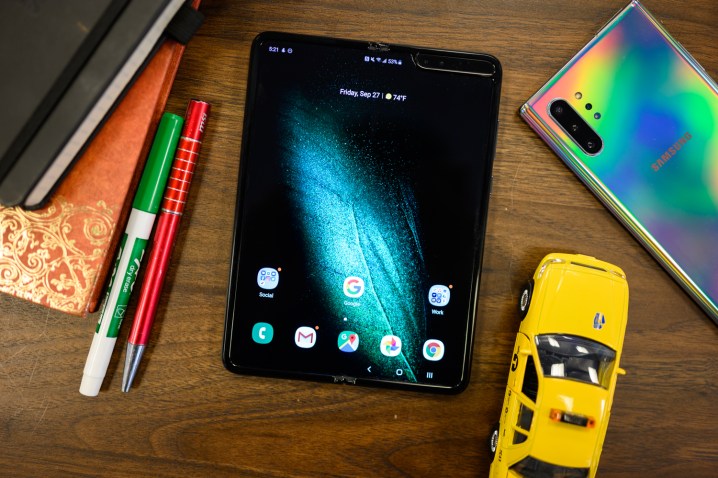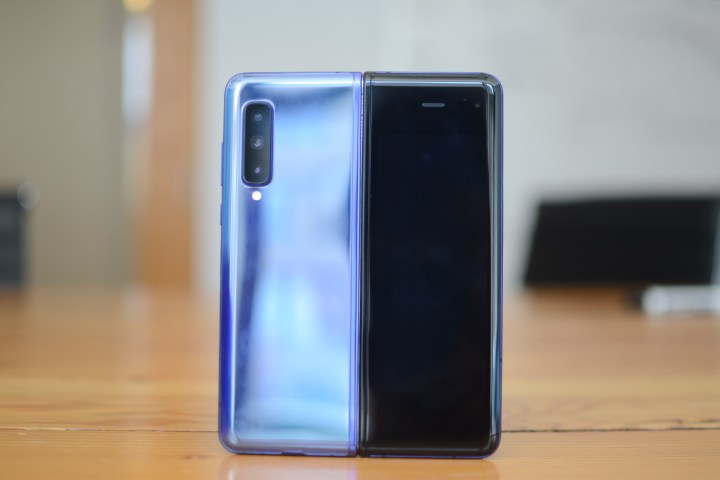
Today marks a milestone in the era of foldable smartphones as Samsung officially puts its legendary first-generation Galaxy Fold out to pasture.
After four years on the market, the original Galaxy Fold will no longer receive regular security updates. To be fair, the first Fold was already living on borrowed time, as it was left out of last year’s Android 13 update. However, when Samsung launched the expensive foldable, it promised a full four years of security updates for the device.
That was remarkably generous at a time when most flagship Android smartphones were lucky to see three years of updates, and non-flagships barely got one. Since then, many other Android makers have increased the longevity of their devices by promising longer update cycles. For Samsung, that’s now four years of full Android OS upgrades and five years of security patches.
So long Galaxy Fold, we hardly knew ye

Nevertheless, it’s time to pour one out for the Galaxy Fold, the smartphone that signified the dawn of the modern age of foldables — and demonstrated that Samsung wasn’t afraid to iterate in public.
When it first launched in early 2019, the Galaxy Fold was, to put it mildly, a disaster. Samsung’s CEO admitted he rushed it out before it was fully ready, and early reviewers rightly pilloried the device for being a very expensive prototype. There were issues with the screen and the hinge that made the smartphone more fragile than it should have been, rendering it unusable for many folks.
Samsung canceled its initial launch plans and recalled all of the units it had sent out, and then got very quiet for a few months while it hunkered down to try and figure out how to solve the problems. By July, it declared it had a fix and that the improved and more reliable version would be on the market that fall.

The final form of the Galaxy Fold was still far from perfect, but at least it wasn’t nearly as breakable. It carried a staggeringly high $2,000 price tag for what was still very much an experimental smartphone. While that got you solid performance, good battery life, and an expansive inside display, you also had to deal with a small outside screen and a lack of the same durability found on Samsung’s other flagships. While it wasn’t entirely Samsung’s fault, the software experience was also awkward; foldables were in their infancy, after all, and Android, much less most third-party developers, hadn’t fully embraced the idea.
Nevertheless, for all its faults, Samsung’s Galaxy Fold was important not so much for what it was, but for what it represented. It was Samsung’s first bold move into foldables, and it laid the foundation for everything that’s come since — and not just from Samsung.

It would be three more years before Samsung hit its stride with the release of the Galaxy Z Fold 4 and Galaxy Z Flip 4, but other manufacturers watched and learned along the way, too. In 2023, it seems we’re beginning the second age of the foldable smartphone, with the Galaxy Z Fold 5 and Galaxy Z Flip 5, as well as the Google Pixel Fold, OnePlus Open, and Motorola Razr Plus (and its more affordable little sibling), building on the work of Samsung.
There have never been so many great choices in foldable smartphones, and it’s the original Galaxy Fold that we have to thank for that.



